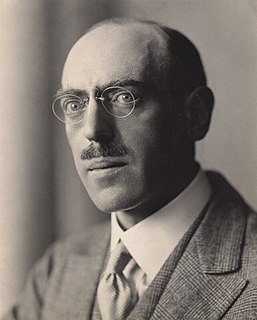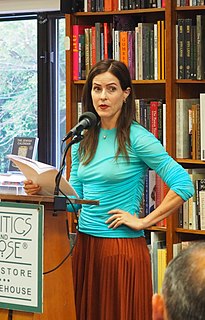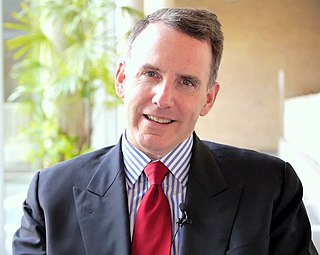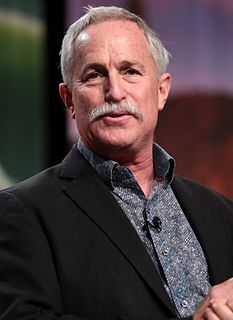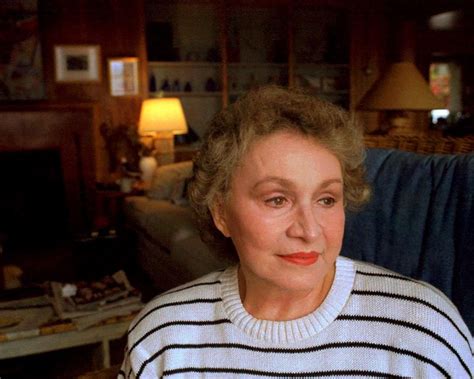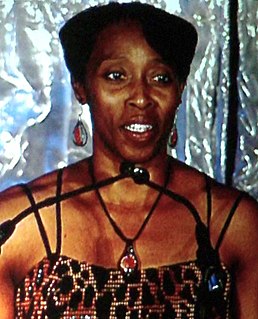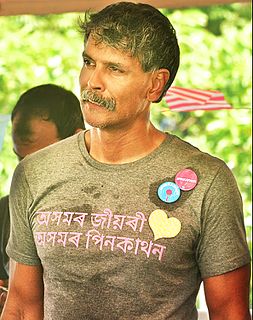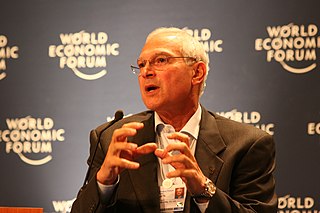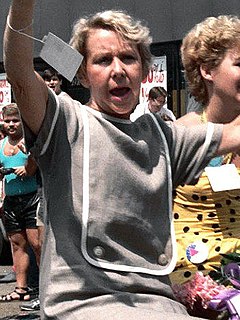Top 1200 Crowded Cities Quotes & Sayings - Page 2
Explore popular Crowded Cities quotes.
Last updated on April 20, 2025.
The poison was brewed in these West lands but it has spat itself everywhere by now. However far you went you would find the machines, the crowded cities, the empty thrones, the false writings, the barren beds: men maddened with false promises and soured with true miseries, worshipping the iron works of their own hands, cut off from Earth their Mother and from the Father in Heaven. You might go East so far the East became West and you returned to Britain across the great Ocean, but even so you would not have come out anywhere into the light. The shadow of one dark wing is over all Tellus.
PETA doesn't want stressed animals to be cruelly crowded into sheds, ankle-deep in their own crap, because they don't want any animals to die ever and basically think chickens should, in time, gain the right to vote. I don't want animals stressed or crowded or treated cruelly or inhumanely because that makes them probably less delicious.
The night ... it is filled with bestial watchmen, trammeling the extremities and the interstices of the timeless city, portents fallen, constellated deities plummeting in ash and smoke, roaming the apocryphal cities, the cities of speculation and reconstituted disorder, of insemination and incipience, swept round with the dark.
From a business perspective, the question related to cities and sustainability is clear and compelling: can you have a healthy company in an unhealthy city? Arguably, no. Companies need healthy cities to provide reliable infrastructure, an educated and vital workforce, a vibrant economy, and a safe and secure environment to survive and thrive. Business executives have a lot to learn from cities, and a lot to contribute, and this book shows the way, chronicling the successes and the lessons learned about what it takes to make a city healthy, in every sense of the word.
By rebuilding transportation so that you're not owning this thing that just sits there all the time, you get to rebuild cities in the process. If we do this right as a country, we have a chance to re-create our cities with the people, rather than cars, at the center. Our cities today have been built for the car. They've been built for car ownership. Imagine walking around in the city where you don't see any parking lots and you don't need that many roads.
The way our big cities change sucks. The beauty of cities was that they were edgy, sometimes even a little dangerous. Artists, poets, and activists could come and unify and create different kinds of scenes. Not just fashion scenes, scenes that were politically active. Big cities are getting so high-end oriented, business corporate fashion, fashion not in an artistic sense but in a corporate sense. For me that edgy beauty of cities is lost, wherever you go.
There's no getting around the fact that some cities face long odds, and governments and societies are going to be confronted with some hard decisions. Most importantly, cities have to recognize that in times of crisis they have to help themselves. Governments, no matter how well intentioned, can only do so much, especially when they themselves are so strapped for cash, as the U.S. is now. Government money will probably flow to cities and regions with good prospects for the future, so as not to risk money even further by pouring it into stalled economic models.
Cities can be the engine of social equity and economic opportunity. They can help us reduce our carbon footprint and protect the global environment. That is why it is so important that we work together to build the capacity of mayors and all those concerned in planning and running sustainable cities.
But look what we have built low-income projects that become worse centers of delinquency, vandalism and general social hopelessness than the slums they were supposed to replace. Cultural centers that are unable to support a good bookstore. Civic centers that are avoided by everyone but bums. Promenades that go from no place to nowhere and have no promenaders. Expressways that eviscerate great cities. This is not the rebuilding of cities. This is the sacking of cities.

